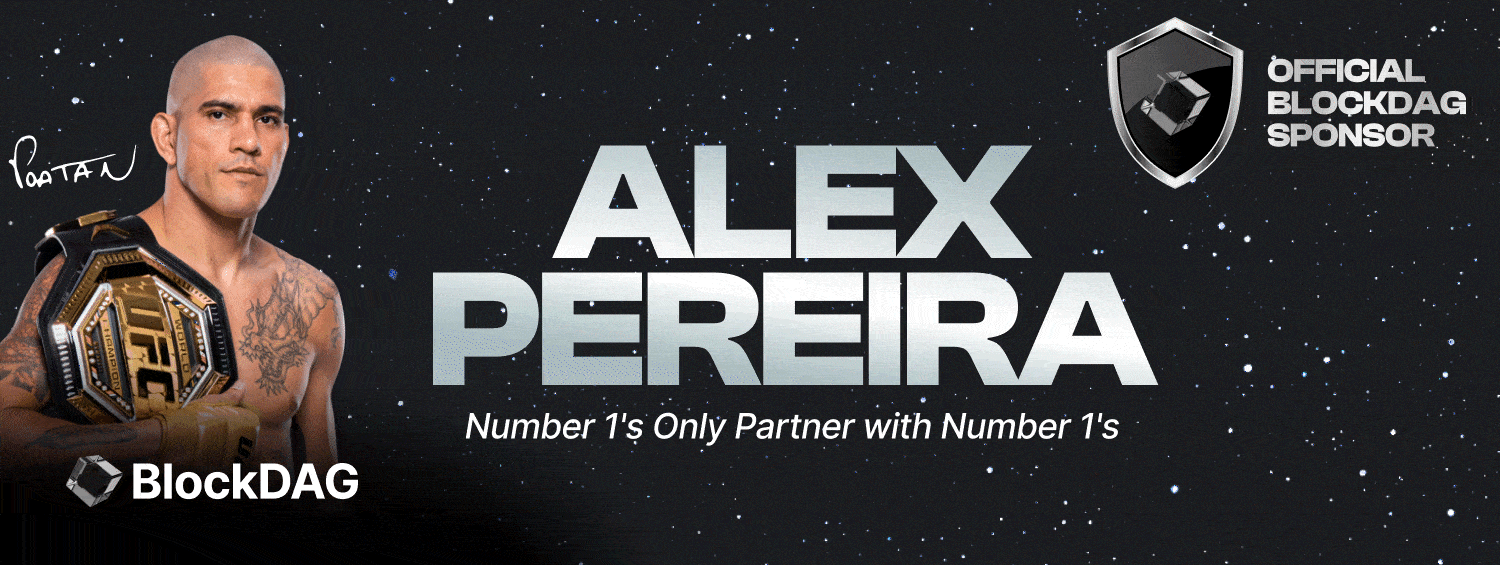
Bitcoin could break past $100,000 by the end of this year as political roadblocks come down, Galaxy Digital CEO Michael Novogratz told Bloomberg TV.
- Crypto bull Michael Novogratz says bitcoin could top $100,000 by year-end.
- He told Bloomberg TV that political pushback is on the decline, a positive for crypto.
- It won’t matter who becomes president in the long run, as crypto earns bipartisan support.
“If we take out $73,000 in the next week or so, we’re gonna end the year at $100,000. Somewhere around there or even higher,” the crypto enthusiast said on Tuesday. That indicates a 40% gain from Wednesday’s price $71,500.
As for why, Novogratz said that in past weeks, he’s been waiting for two things to catalyze a fresh rally for bitcoin.
“More regulatory clarity, which I thought was a low probability at that point, and/or the Fed starting to move. We’re getting the regulatory clarity,” he said “And even though it’s not perfect, we got enough that people now realize this is coming.”
Although it remains a developing tailwind, there are clear signs that the government is changing its tune toward the industry.
Last month, the Securities and Exchange Commission surprised markets by approving spot ether exchange-traded funds with no hassle or pushback.

Meanwhile, Wisconsin’s purchase of around $163 million worth of bitcoin ETF shares last quarter demonstrates that even institutions and pension funds are embracing digital assets, Novogratz said.
But an “unbelievable positive” is actually happening on Capitol Hill, where Democrats are less inclined to treat crypto as a political issue, he noted.
Although not every party member has been anti-crypto, he said that a select few legislators have led the party’s hard stance against such currencies. But now, this is changing with lobbying, and as crypto plays a larger role in election funding.
“The scale has gotten bigger. That’s why the Democrats woke up. There’s been about 150 million on its way to $250 million in these crypto Super PACs,” he said.
As for the election, former president Donald Trump would seem a better fit for the industry, given his early embrace of the space, he said, but it will matter less who becomes president in the long run, given that pro-crypto rhetoric is becoming increasingly bipartisan, he argued.
As political obstacles clear, Novogratz expects it will lead to legislation that can spur crypto upside. For instance, if the Financial Innovation and Technology for the 21st Century Act, known as the FIT21 bill, gets approved, that would allow big banks to pursue sales and trading of crypto, attracting a fresh wave of institutional funding, he said.
The proposed law looks to create a comprehensive regulatory framework for the US digital asset market.


























